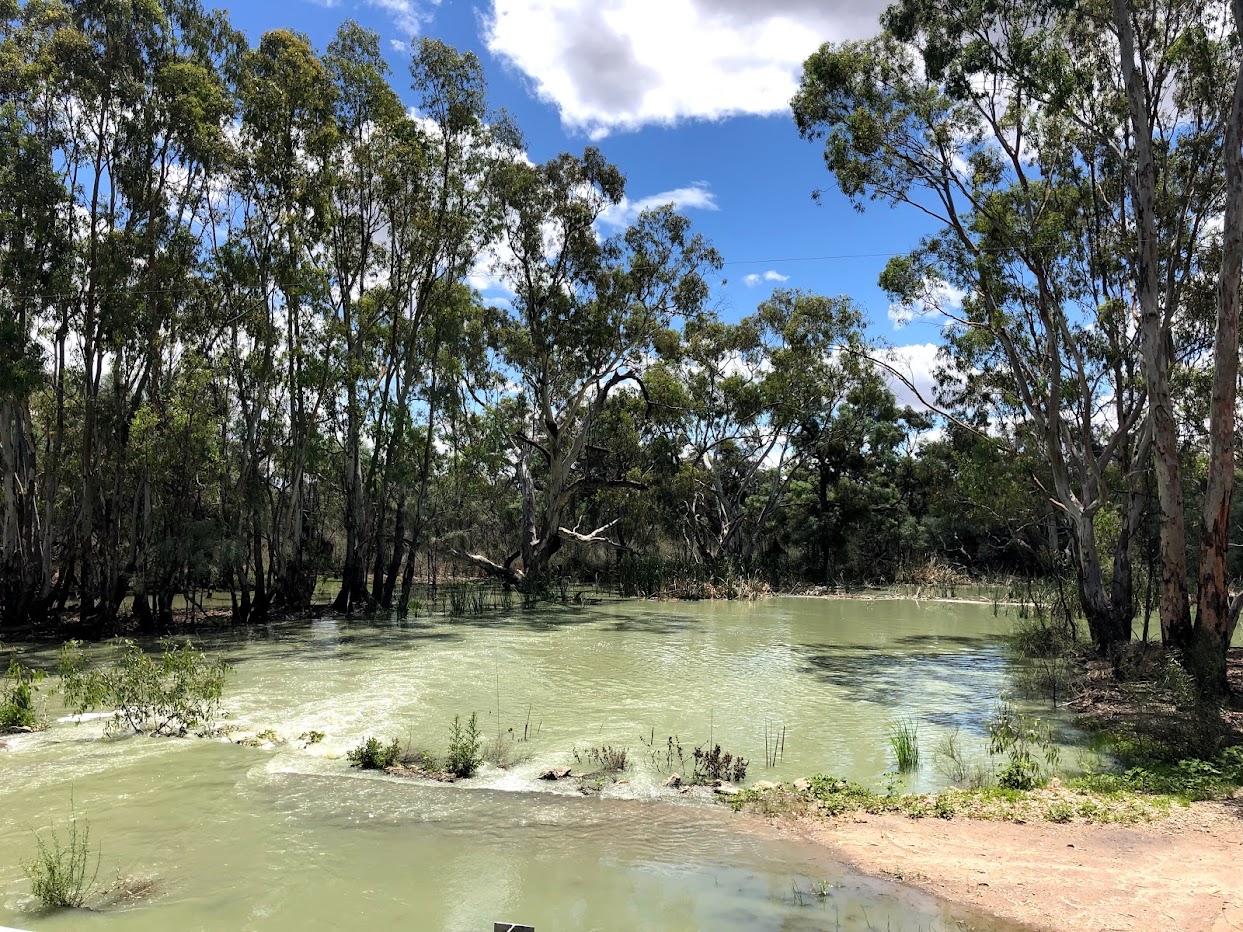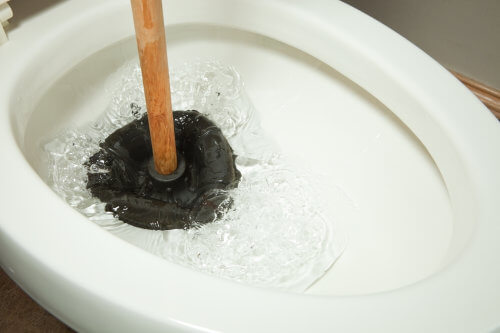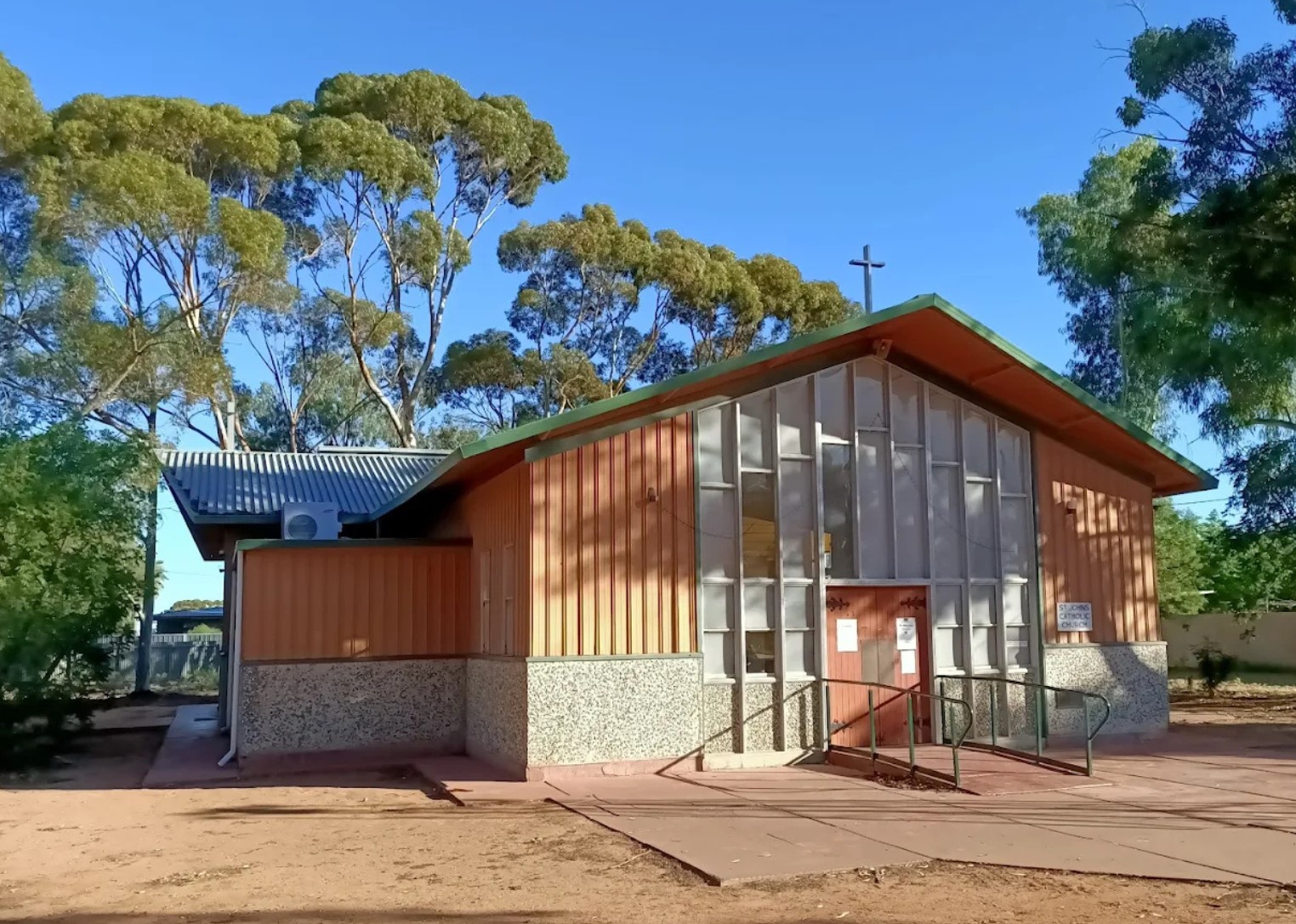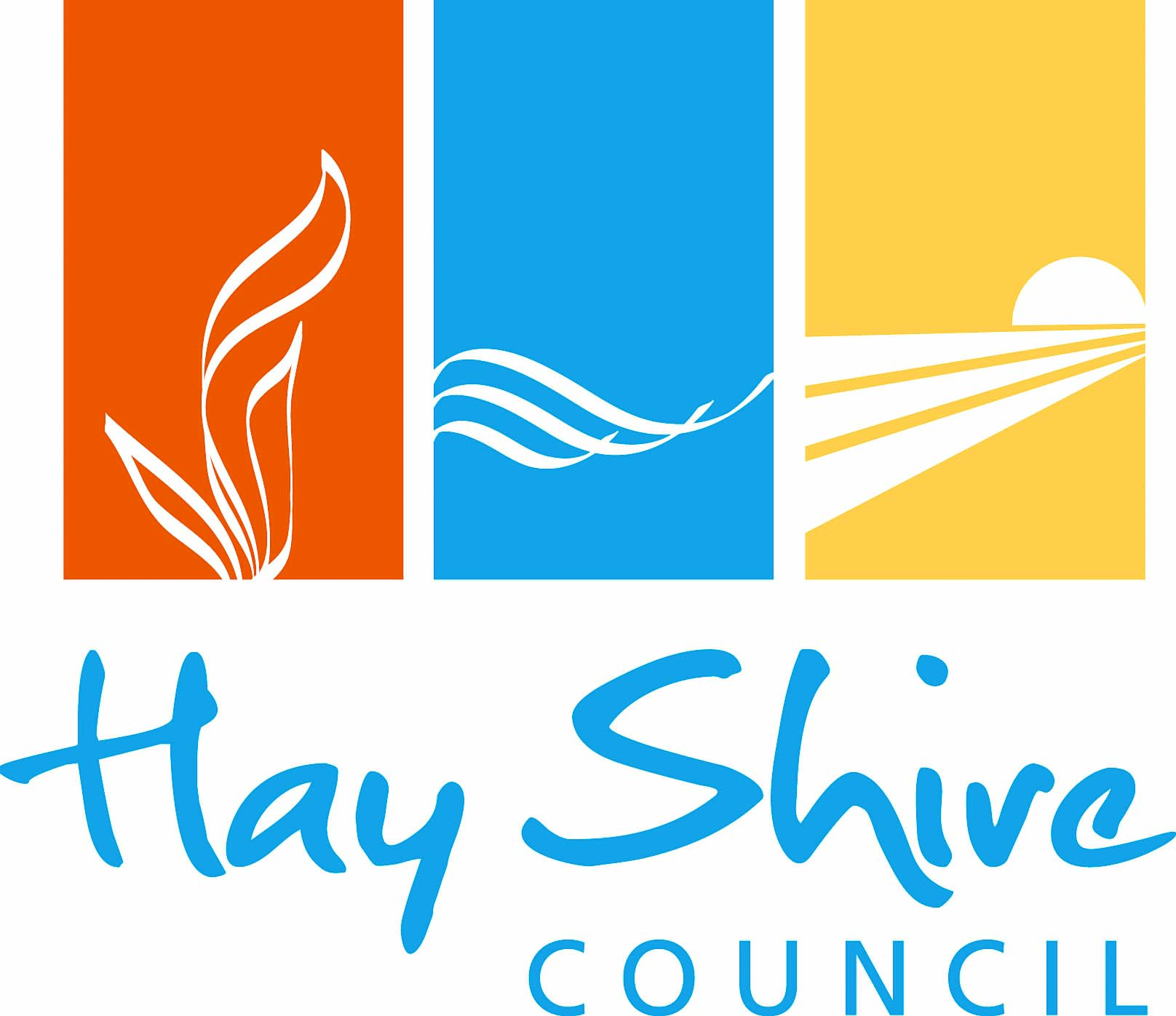Feed up your elderly
Kimberly Grabham
07 July 2025, 2:00 AM
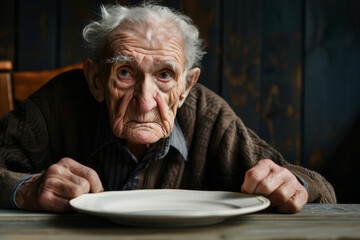
The full cream milk revolution
Ok, so you're standing in the supermarket dairy aisle, reaching for the skim milk like you have for years, when you remember something, a geriatrician said recently. "You need to have a lot of saturated fat. You need to have meat, vegetables, cakes, biscuits, chocolates, ice creams and extra snacks."
Not exactly the health advice most of us grew up hearing.
But doctors who specialise in caring for older Australians are turning conventional wisdom on its head. The message families need to hear? Stop putting mum and dad on a diet.
"Families tend to think that as you get older, you need to eat less," explains one specialist. "They say, 'oh, mum's old now, she doesn't eat much', which is nonsense."
The statistics are sobering. If an older person loses more than 10 per cent of their weight in a year, their chance of dying jumps by 260 per cent compared to someone who's maintained their weight.
It's a reality many Australian families are grappling with.
Take the experience of families where grown children find themselves caring for aging parents.
Whether it's after a stroke, during chronic illness, or simply as mobility decreases, the question of nutrition becomes paramount.
One daughter recalls quitting her job when her mother suffered a stroke.
"She wasn't able to cook or shop for herself anymore," she remembers. Suddenly, ensuring her mother maintained her strength became the priority.
Another found herself caring for young children while her mother battled cancer. "I did everything that I had to do for her and the family because that's what you do," she reflects.
These experiences highlight what geriatricians are now urging families to recognise: older bodies need more calories, not fewer. Particularly those living with chronic illness, dementia, Parkinson's, or recovering from stroke.
"Without that energy and calories, the body ends up burning up muscles and then the organs shrink," one specialist explains.
"Then you get the complications of malnutrition, which is falls, confusion. It worsens the outcome of chronic illness. There's a lot higher risk of infection."
The research backs this up starkly. Up to one in every two older Australians living in aged care or at home are either at risk of malnutrition or are already malnourished.
The symptoms aren't always obvious: weight loss, muscle weakness, pale skin, wounds that won't heal, increased falls, confusion, and dental problems.
But here's what many families miss: it's not about age stealing appetite. "If they're eating less, there is something going on," health experts emphasise.
"It could be drug side effects. It could be a swallowing problem. It could be constipation or other medical illnesses. So, you need to get that sorted out."
The solution might surprise you. Forget the lettuce leaves and lean proteins.
Medical advice now advocates for full cream milk instead of skim.
Cheese, yoghurt, nuts and dried fruit throughout the day. Adding oil, cream and margarine to cooking.
Boosting soups and stews with milk powder, cream or grated cheese. Even "lashings of butter on a nice bun loaf."
For many families, this approach requires a complete mindset shift. We've been conditioned to think that lighter eating equals healthier aging. But the evidence suggests otherwise.
Family carers often find that having a good relationship with the GP becomes crucial, especially when navigating the complex intersection of multiple medications, chronic conditions, and changing nutritional needs. Regular check-ups can help identify problems before they become critical.
But it also requires family members to watch for the signs. Notice if clothes are fitting differently. Watch them eat. Be alert to dental problems or falls. Most importantly, don't assume weight loss is just part of getting older.
The message is becoming clearer through both research and the lived experience of Australian families: when it comes to keeping our older loved ones healthy, more isn't just better; it might be lifesaving.
Many adult children struggle with this shift.
After years of encouraging parents to eat lighter, to watch their cholesterol, to cut back on treats, suddenly the medical advice is reversed.
Ice cream becomes medicine. Butter becomes essential. Full fat everything becomes the goal.
It's not just about calories either. Social eating matters enormously. Sharing meals, celebrating with food, maintaining cultural food traditions – these all contribute to wellbeing in ways that go beyond nutrition alone.
So next time you're grocery shopping for an elderly parent or grandparent, reach for the full cream milk.
Add the extra butter. Include the afternoon tea with biscuits. It's not indulgence; it's prevention.
Sometimes the most loving thing we can do is make sure there's always something delicious within reach. In a world where we're constantly told to eat less, our elderly loved ones need us to remember that sometimes more is exactly what they need.
The shift in thinking isn't easy, but it's necessary. Our parents and grandparents spent decades caring for us, making sure we were well-fed and thriving. Now it's our turn to ensure they get the nourishment they need – even if it means rethinking everything we thought we knew about healthy eating in later life.
If you're concerned about nutrition in an older family member, speak to their GP. Dietitians can provide practical advice on nutritious, appealing meals that meet individual needs and preferences.
NEWS
SPORT
RURAL
COMMUNITY
VISIT HAY




